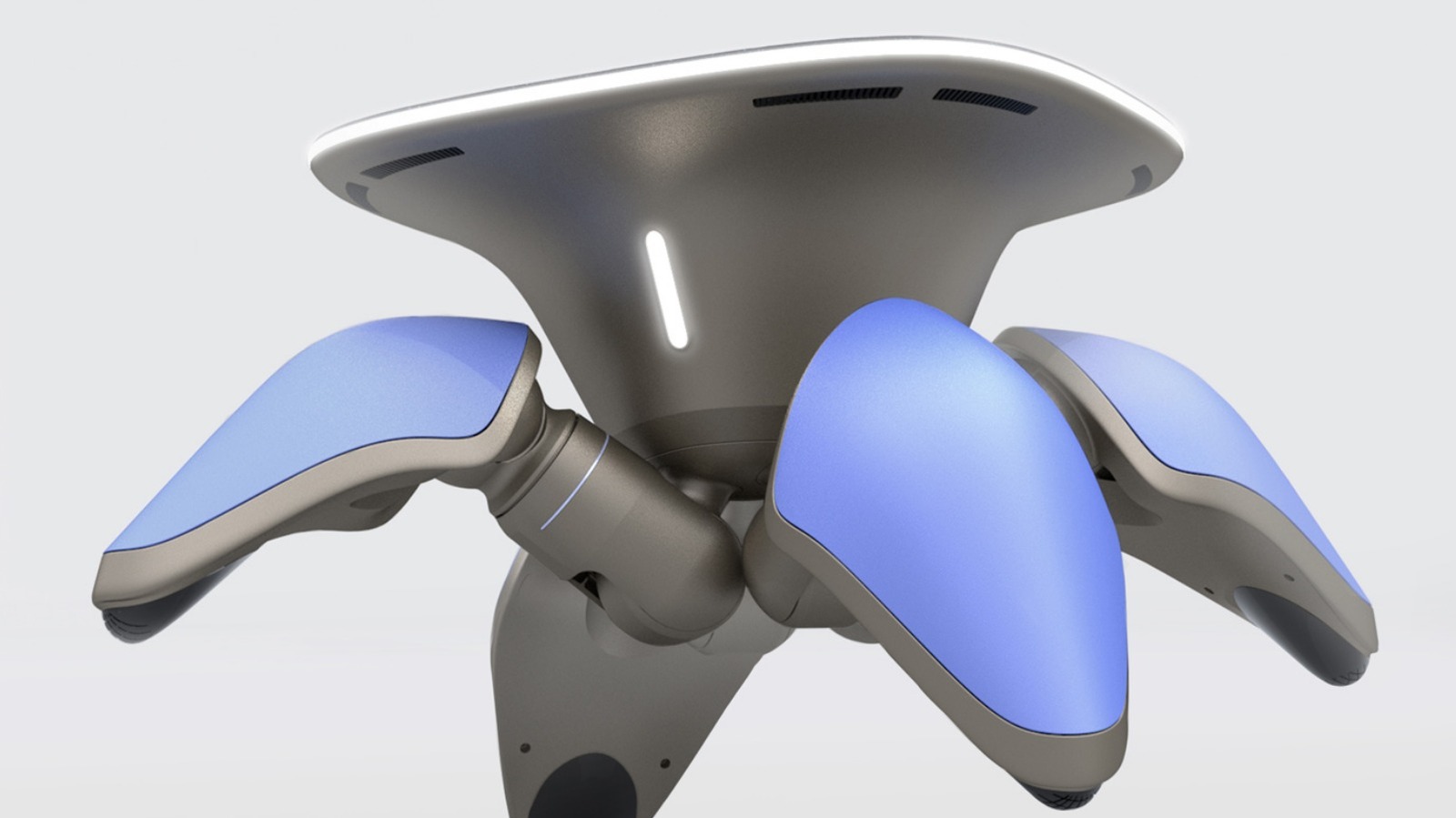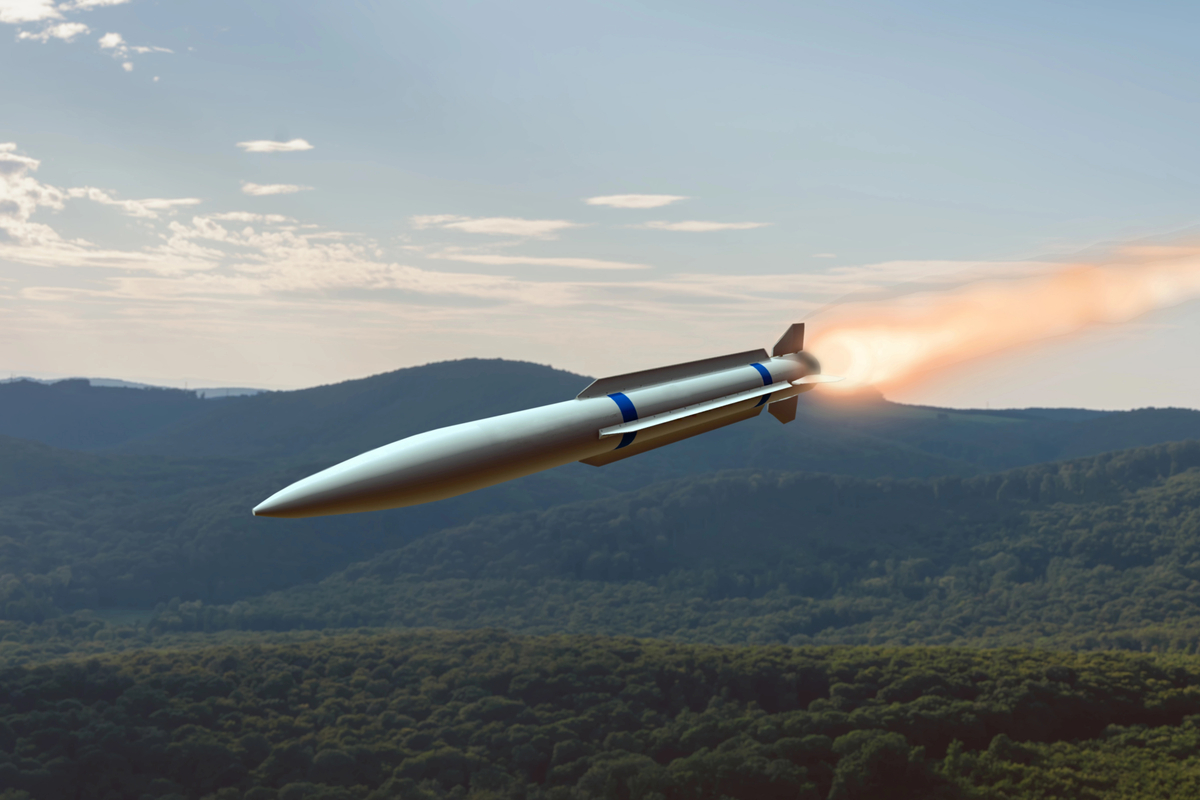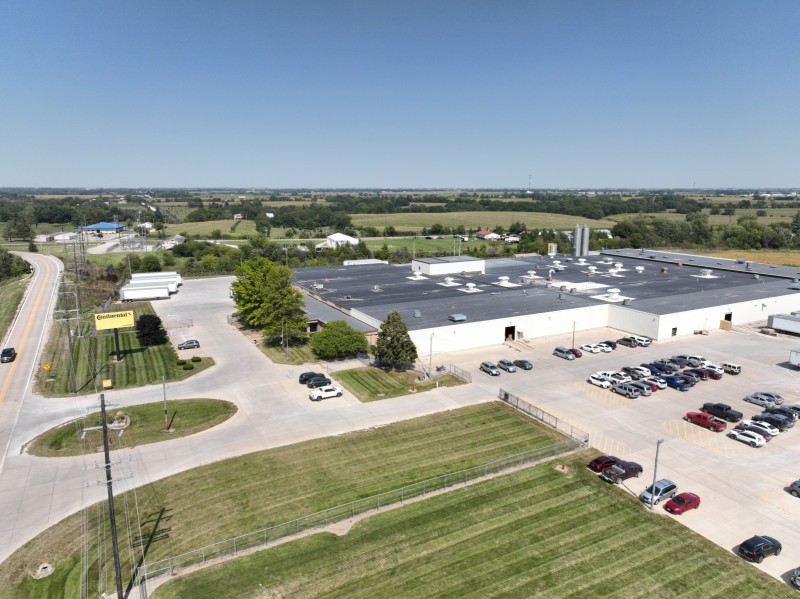Copyright SlashGear

Toyota and Lexus are perhaps best known for their reliability and performance, but they've also built strong reputations for their commitment to innovation. Both brands are owned by the Toyota Motor Corporation, and they have been at the forefront of several major technological and design shifts in the automobile market. Think of the Toyota Prius, for instance, and how it was a pioneer for future technology. It was among the first mainstream hybrid vehicles, serving as an industry catalyst whose commercial success all but forced competitors to begin developing their own hybrid systems. A lot of people might have initially hated the Prius for its slower speed and somewhat unconventional design, but its cultural and market impact are undeniable. Ideas like the Prius aren't born in a vacuum, though. Both Toyota and Lexus have robust R&D departments that produce several concept vehicles and other products every year. Many of these ideas will never make their way into production, but it's still cool to look at what the company has been working on and try to understand how viable their proof-of-concept could be. Some items, such as a new concept Toyota Corolla, are more in line with what you might expect to see, but some of these concepts are pretty wild. Several particularly unusual products have been showcased at the Japan Mobility Show in late October 2025. Lexus announced a new concept vehicle called the Lexus LS Concept, which is marked as an idea for a luxury sedan but looks more like a futuristic six-wheeled hybrid between a Cyber Truck and a minivan. This would be strange enough on its own, but the company also announced another version of this that it calls the Lexus LS Micro Concept. This thing appears to be smaller than your average golf cart, with a single seat housed inside an angular metallic box on three wheels. It appears to be a sort of self-driving motorized rickshaw, with a cockpit-style glass lid that closes the driver inside. It seems that this is less intended as a daily driver and more as a luxury, short-range, personal transport service vehicle. "Influenced by its larger sibling's technology and styling, this advanced concept provides autonomous chauffeur capability," Lexus states. "Its role is to deliver unparalleled luxury and presence, specifically handling the last mile of travel in urban areas." This may be particularly appealing in major cities that are overcrowded with traffic and where parking is extremely limited. No specifications are known as of yet, nor is it known if this is intended to become a commercially available vehicle that anyone could buy. Not everything that Toyota and Lexus showcased was a car. There were also several other vehicles and products on display, including a brand new robot called Chibibo. This four-legged little fellow has a big flat head with a grippy texture on top that's designed to carry parcels and other items while it walks alongside people and vehicles. There is also a large rubber grommet in the center of its "head," suggesting that there could be a small amount of internal storage as well. The robot looks cute, and almost toy-like. Its legs are shown in three different vibrant color schemes, and it has a little light on the front of it that almost seems to suggest the idea of a face. Toyota refers to the Chibibo as "a last-mile partner enhancing logistics ecosystems," claiming that it "delivers important parcels by navigating narrow alleyways and climbing stairs that vehicles cannot." It's unclear how much weight this little robot could safely carry, but the gallery of images provided by Toyota showcase it carrying everything from small lunch bags to packages that are nearly as large as the robot itself. This isn't Toyota's first robot its showcased. There was also the humanoid T-HR3 that was designed to be agile, but friendly; the basketball shooting robot that set a world record by sinking 2,020 free throws; and the apple-sized robotic toy that it called Kirobo. That said, the Chibibo seems to have a much more utilitarian purpose than many of the company's past models. The next couple of items that we're looking at aren't vehicles or robots. In fact, they aren't designed to move at all. Lexus just showcased a couple of ideas for different kinds of buildings: The Lexus Hub and the Lexus House. The Lexus Hub is a multi-story structure surrounded by spiraling spindles made from renewable timber. These allow an abundance of natural light in from all sides, while the clear roof lets in even more. Lexus describes it as, "a future-looking, social community space that synthesizes retail, food, art, entertainment, and services (including a kindergarten) into a single, multilevel structure." The company also goes on to state that the building is designed to help connect people in a calming environment. Then there is the Lexus House, which looks a bit like Tony Stark's house from the first "Iron Man" movie. Lexus states that it designed the house with an emphasis on promoting feelings of independence. "The structure utilizes ambient lighting and local woods to cultivate a sense of serenity for its occupants," Lexus claims. "Uniquely, the top floor is designed as a vehicle showcase: Tall ceilings and large glass panes create a voluminous space, allowing the Lexus vehicle to be viewed as a central work of art from every angle." Back in October, 2024, Toyota announced that it would be investing $500 million in a new aviation project called Joby, calling it "an all-electric, vertical take-off and landing air taxi, which it intends to operate as part of a fast, quiet, and convenient service in cities around the world." Even then, we were starting to see images of what this might look like, but it was finally officially showcased at the 2025 Japan Mobility Show. It looks less like a traditional helicopter and more like someone sized up one of the propeller-powered photography drones you might find on Amazon. This craft is a part of its own brand, Joby Aviation, but early press images clearly show it boasting Toyota branding as well. The aircraft is made from lightweight composites and is designed to integrate into the Lexus luxury ecosystem, with landing capabilities on the company's Hub and House Concepts that we looked at earlier. This air-taxi service is already making bold claims about the vehicle's capabilities, suggesting that it can take occupants from a heliport in downtown New York to JFK airport in just seven minutes. The company also says it's quiet enough not to be disruptive in urban areas. Unlike many of the other concept vehicles seen at the show, it seems that Toyota has every intention of making this one into a reality. Joby Aviation is already planning to launch its first taxi service in Dubai by 2026. The last item on the list won't fit adult passengers. The new Toyota Kids Mobi is an AI-powered autonomous personal mobility vehicle that is designed specifically for children. Think of it like a kids version of the Lexus LS Micro Concept but if it was a bit less "Blade Runner" and a bit more Fischer Price. The little pod is roughly the size of a stroller, with a single seat inside a glass cockpit. The body is rounded into a pod shape, with a brightly colored exterior, chibi-like LED lights for eyes, and little domes that resemble ears. This isn't just a toy or even a vehicle, however. In addition to its cute design and mobility features, the Toyota Kids Mobi also has an interactive system built in. Toyota states that the mobi "provides a UX 'Friend' that supports children's development," though it is unclear what that would look like at this point in time.



